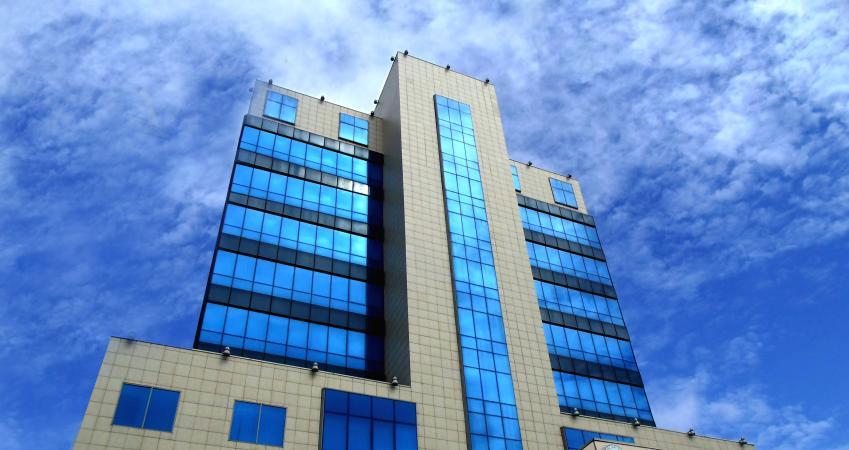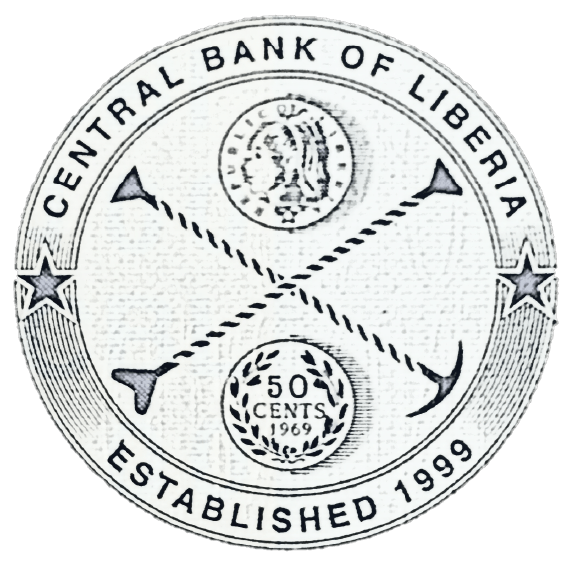
Monrovia, Liberia, August 13, 2024 –The Central Bank of Liberia (CBL) clarifies reports in the media, based on the finding of the General Auditing Commission (GAC) audit of the CBL, concluding that CBL former and seconded staff, including Mr. James Wilfred, seconded with WAMI in Accra, Ghana and recently appointed by President Joseph Nyuma Boakai as Acting Deputy Governor for Operations, defaulted on their loan obligations with the Bank.
The CBL Management informs the public that the Bank is fully aware of Mr. James Wilfred, whose loan repayment to the CBL has not been current due to his secondment with WAMI, and notes that he has adequate provident fund, severance benefits and property collateral in possession of the CBL.
CBL records show that after netting off Mr. Wilfred`s US$90,000 (Ninety thousand United States dollars) loan obligation to the CBL against his provident fund and severance benefits, CBL instead owes Mr. Wilfred.
The Bank further reaffirms that other seconded and former staff reflected as defaulters in the GAC Report have provident funds and severance payments held by the Bank, which are adequate for recovery of the loans.
In the resolution of these issues, the new CBL Management has, therefore, commissioned a review to determine the loan status of former employees, on net, with the aim of informing the CBL Management’s decision about strategy to recover the loans.
Meanwhile, the Bank emphasizes that loans paid out to seconded staff are fully collateralized by provident fund, severance and collateral, which are sufficient for the security of the facility.
The CBL Management assures the public that the Bank is committed to prudent financial practices with the aim of protecting the interests of all stakeholders.
About the Central Bank of Liberia
The Central Bank of Liberia is the country’s central monetary authority responsible for formulating and implementing monetary policy, regulating and supervising the financial system, and managing the country’s foreign exchange reserves. It has three cardinal objectives: (1) To promote and maintain price stability, (2) contribute to financial stability and (3) support Government’s economic policy within the confine of its mandate.
